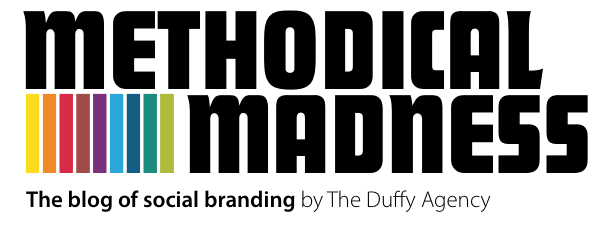A few things to consider before using Groupon-like sites
 Tuesday, April 12, 2011 at 9:30AM
Tuesday, April 12, 2011 at 9:30AM In our previous post entitled, 3 Predictions about the future of group buying, we talked about the future of group buying sites like Groupon and LivingSocial. As you may have read, Groupon turned down a $1.6 billion offer from Google. And just last week, group buying site, LivingSocial, secured another $400 million in funding. A recent MarketingProfs post provided some insight on online coupons and showed that America has a healthy appetite for online coupons in general with 67% of consumers saying they have downloaded and printed an online coupon. And of that 67%, Groupon accounted for 22%.
However, in our post, we briefly questioned how long such sites could continue raking in the profits as their business model was so easily replicable. Economics 101 tells us the more something becomes available the cheaper it becomes.
Since that time, numerous reports have been touting that retailers, especially restaurants, are starting to shy away from these types of promotions because they are just not profitable for them—either in the short or long term.
For restaurants, the reasons are simple economics. The margins in a restaurant are microscopically thin. The price you pay for a meal not only includes the cost of the food itself but all the overhead including salaries, rent, insurance, etc. Group buying sites are currently taking a commission of about 50% from any deal. That means when you get a $50 coupon for $25, 12.50 goes to the group buying site. That leaves the business owner absorbing 75% of the cost of the coupon.
A post from Gawker illustrates this disparity in a story of a spa owner who, after factoring in the commission he paid to the group buying site and his entire overhead, he actually lost money on the deal. In that case, the owner actually said that his losses were so bad; he had to close his business. (Although my gut tells me that there were probably other circumstances that contributed to his demise.)
Another thing to consider is the audience you are attracting and their intentions. Coupons are great for spurring sales. In particular, they are very good at getting people to try a new product or service. The coupon lowers the risk of purchasing an unknown quantity for the consumer. However, coupons don't really build brand loyalty. In fact, many people will buy something just because they have a coupon and are looking for a deal. The same holds true for these online coupon sites.
The good news is that because businesses have so many options now, some of the negotiating power seems to have shifted from the group buying sites to the small business owners. In fact, The Wall Street Journal has reported that small businesses are now starting to negotiate better contract with these group buying sites.
If you are going to engage with a group buying site, remember these four pieces of advice:
- Do the math
Make sure you can fiscally swing the deal and that you won't lose money. - Negotiate
This follows doing the math. After you figure out what you can afford, negotiate the best deal you can. With so many choices out there, you don't have to accept a 50% commission from the group buying site. - Read
The final contract, that is, before signing. One business owner didn't see a "Free Shipping" clause in the contract. That slip up cost him about $5,000. - Capture
Make sure you capture the contact info of the people who use the coupon to grow your customer database.
The bottom line is this: Group buying sites can be a good way to temporarily attract customers to your business. But remember that usually these sites are no more than a shot of nitro into your sales engine—in the short term they can really boost performance but it is not something that can be maintained over the long haul. Use them wisely and with caution.
Kevin Duffy is the Creative Director for The Duffy Agency's Boston office.


Reader Comments